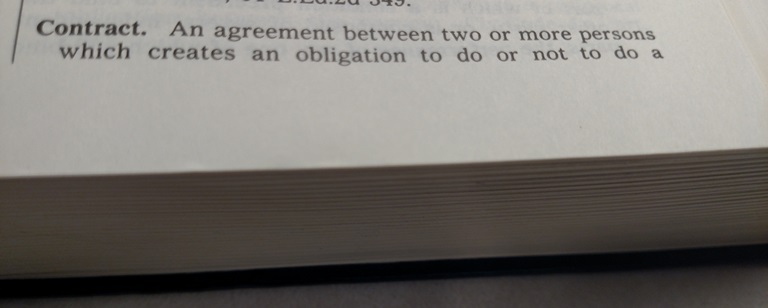Written Contract Requirements
The Board’s investigations often find that architects fail to obtain an executed written contract prior to commencing work on a project, or that one or more of the required contract elements are missing. Business and Professions Code (BPC) section 5536.22(a) requires an architect to use a written contract when providing professional services to a client and that contract must be executed by all parties involved prior to the architect commencing any work (one caveat is that services can be provided if the client knowingly states in writing that work may commence before the final contract is executed). Failure to have an executed written contract may result in the Board issuing an administrative citation and fine, which can be up to $2,500 per violation and will remain on the public record for five years.
There are several exceptions to the requirement for having a written contract: 1) pro bono professional services are rendered by an architect; 2) the architect has provided services to the client previously that are the same general kind of services and compensation; 3) the client knowingly states in writing, after full disclosure of BPC section 5536.22, that a contract is not required; and 4) professional services are rendered to a registered engineer or licensed land surveyor. Nevertheless, it can be in both parties’ interest to spell out the basic terms of the business relationship.

Having a written contract should avoid miscommunications or misunderstandings by both the architect and the client related to the milestones for payment of services, how to accommodate additional services, and how to terminate a contract. Carefully review your contract language to ensure it includes, at a minimum, the following required elements:
- Description of services to be provided by the architect to the client;
- Description of any basis of compensation applicable to the contract and method of payment agreed upon by both parties;
- Name, address, and license number of the architect and the name and address of the client;
- Description of the procedure that the architect and the client will use to accommodate additional services; and
- Description of the procedure to be used by either party to terminate the contract.
A simple document that contains the above elements will comply with the requirements set forth in BPC section 5536.22. However, good business practices may warrant additional terms and conditions be included, especially on more complex design projects. In all cases, the contract should be as clear and complete as possible in defining the goals and expectations of both parties.
The written contact requirement is a relatively simple business practice, but it is one of the Board’s most important consumer protection tools. It can help prevent a wide range of disputes and the need for costly litigation. Take the time to review your business practices and ensure that your contact documents comply with the Architects Practice Act.
